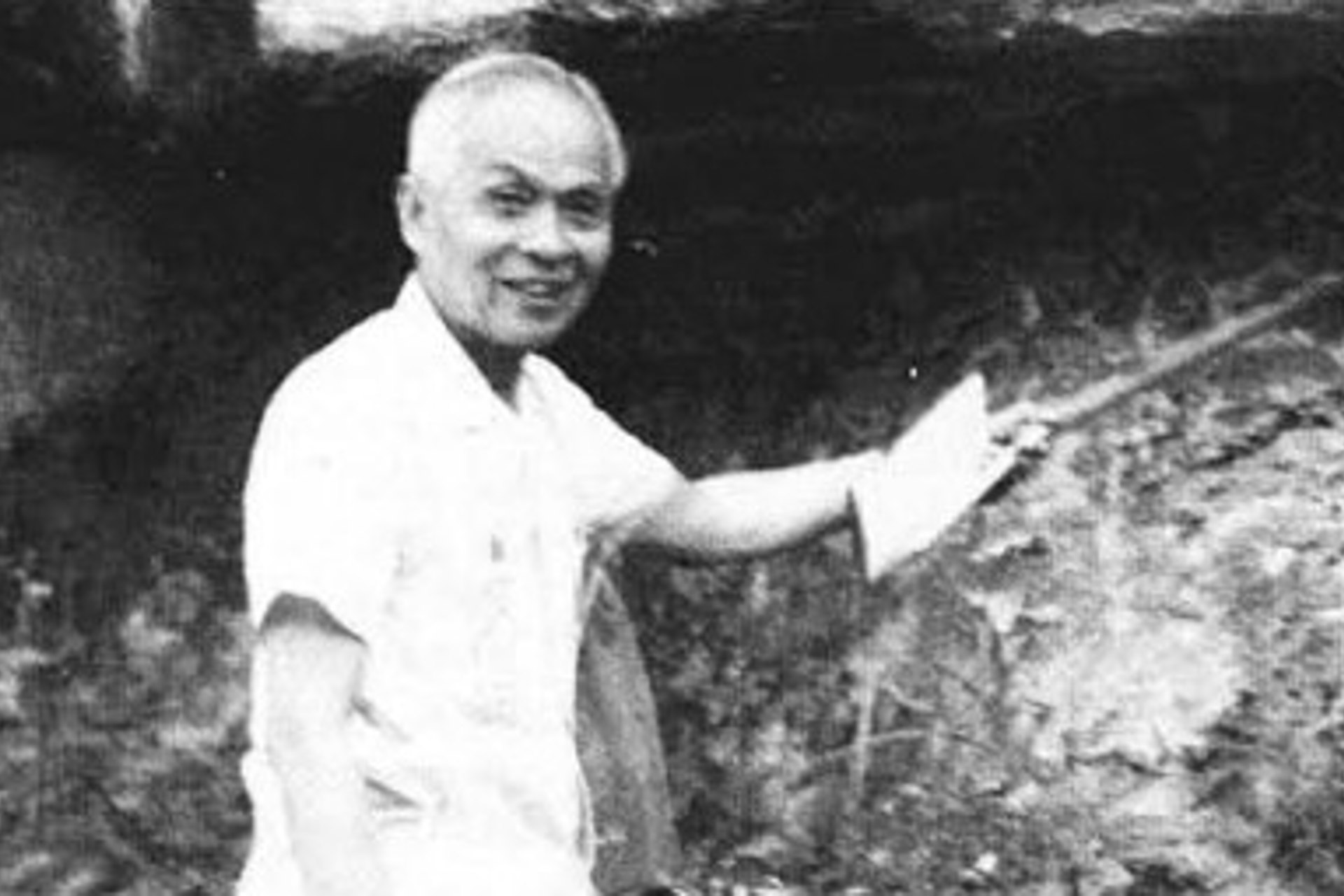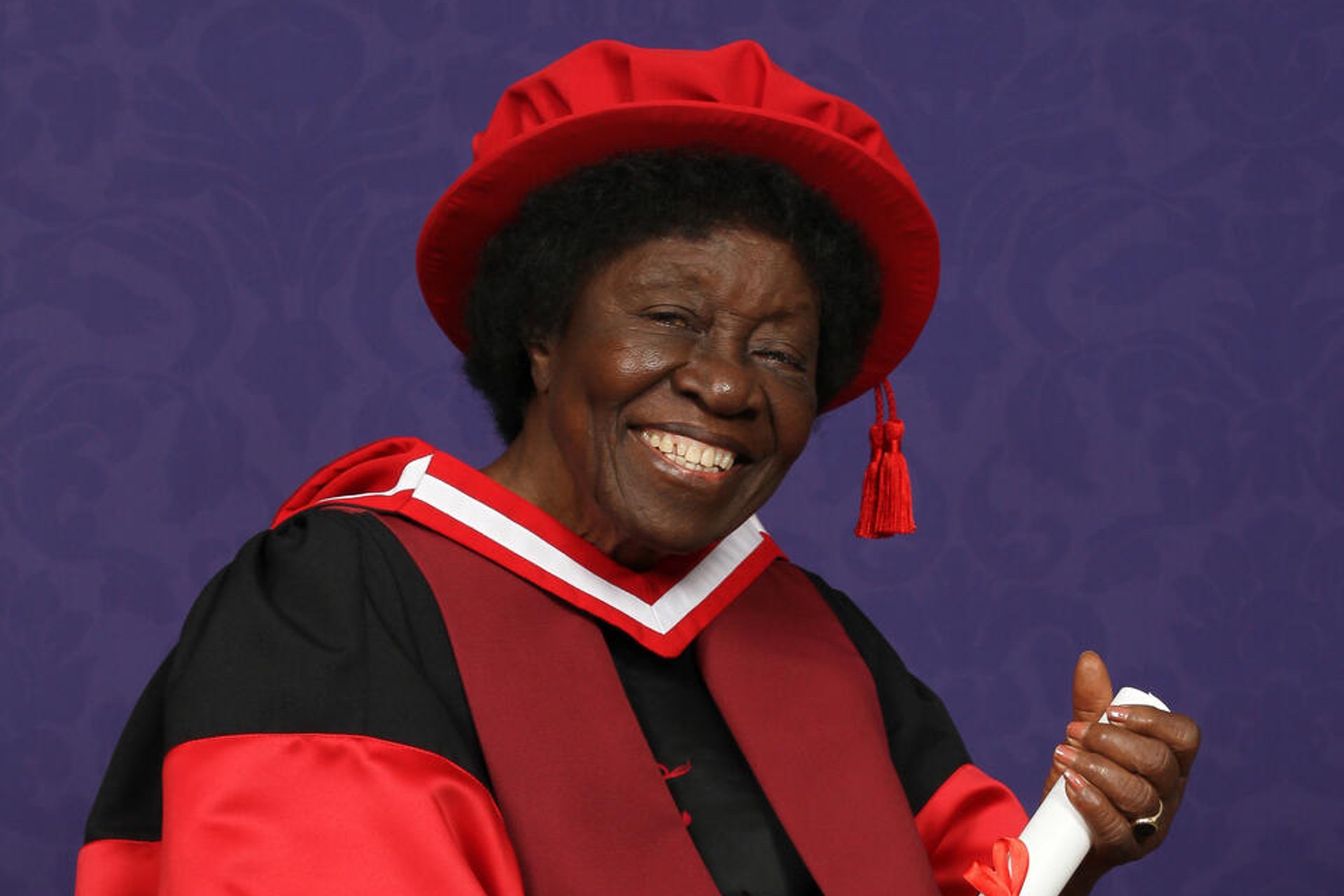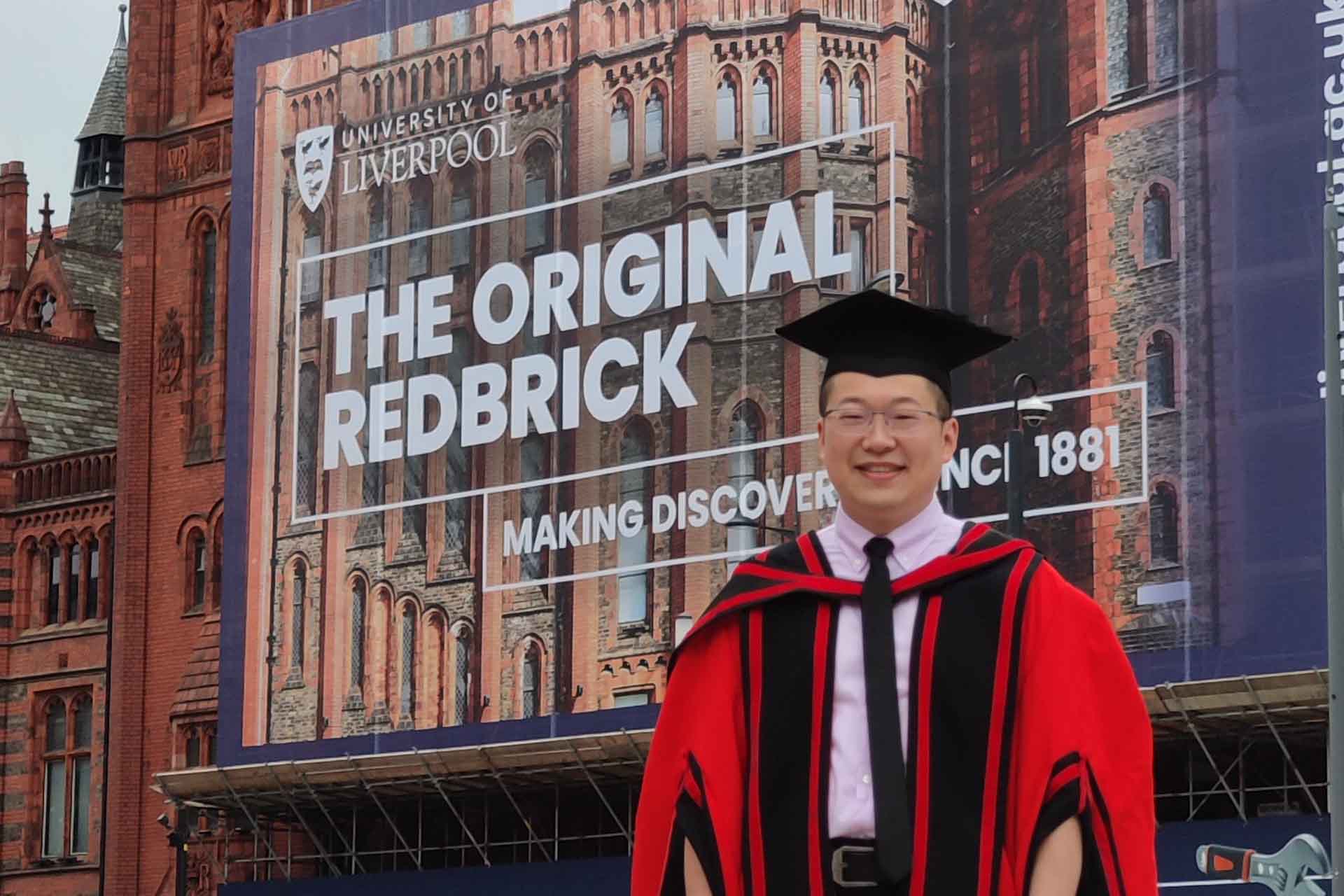1950 - Sir Joseph Rotblat
Józef Rotblat was born to a Polish-Jewish family in Warsaw in 1908 and was awarded his PhD in Physics in 1950. The First World War resulted in poverty for Rotblat’s family. He worked as an electrician after achieving an electrical engineering diploma in 1923, before deciding to pursue his dream of being a physicist.
He graduated from the Free University of Poland in 1932 and became a Doctor of Physics at the University of Warsaw in 1938. Prior to the Second World War, Rotblat had begun to theorise the atomic bomb and he became part of the British mission to the Manhattan Project. The project disillusioned Rotblat and he became a supporter of nuclear disarmament. He tirelessly campaigned throughout his life, being awarded a CBE in 1965, the Nobel Peace Prize for Peace in 1995 and a knighthood in 1998.












